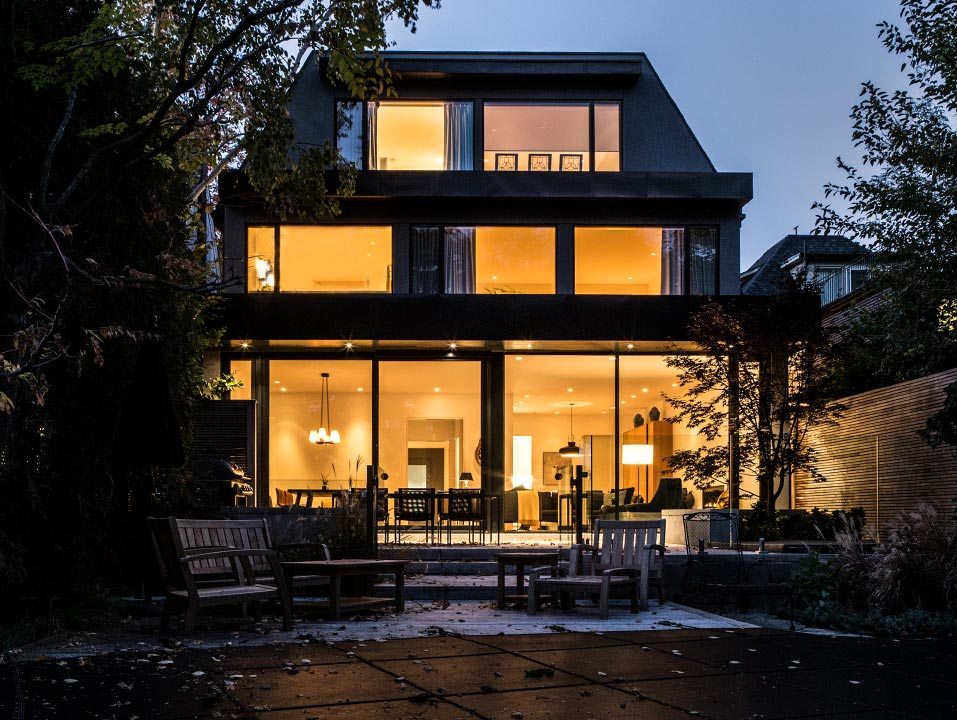
The Pros and Cons of Building a Custom Home vs. Buying a Home
Your next home in Toronto deserves serious consideration about every detail, starting with a debate between new and existing construction. Choosing between building a custom home and buying an existing one is a significant decision for prospective homeowners, especially in Toronto's dynamic housing market. Individual needs, lifestyle preferences, budget considerations, and the current real estate landscape influence this choice. Understanding these factors can help make an informed decision aligning with one’s long-term goals and dreams. It also requires a frank internal assessment of what makes a house a home to its owner.

The Advantages of Building a Custom Home
Building a custom home with SevernWoods opens the door to a world of possibilities, tailor-made to reflect the individuality of each client. This path is laden with benefits, designed to cater to those who value precision, quality, and personalization in their living spaces.
Unmatched Customization
The essence of a custom home is its adaptability to your unique vision. Every detail, from the architectural style to the choice of materials, layout, and finishes, is yours to decide. This unparalleled customization ensures that your residence is a one-of-a-kind masterpiece, mirroring your taste, lifestyle, and values.
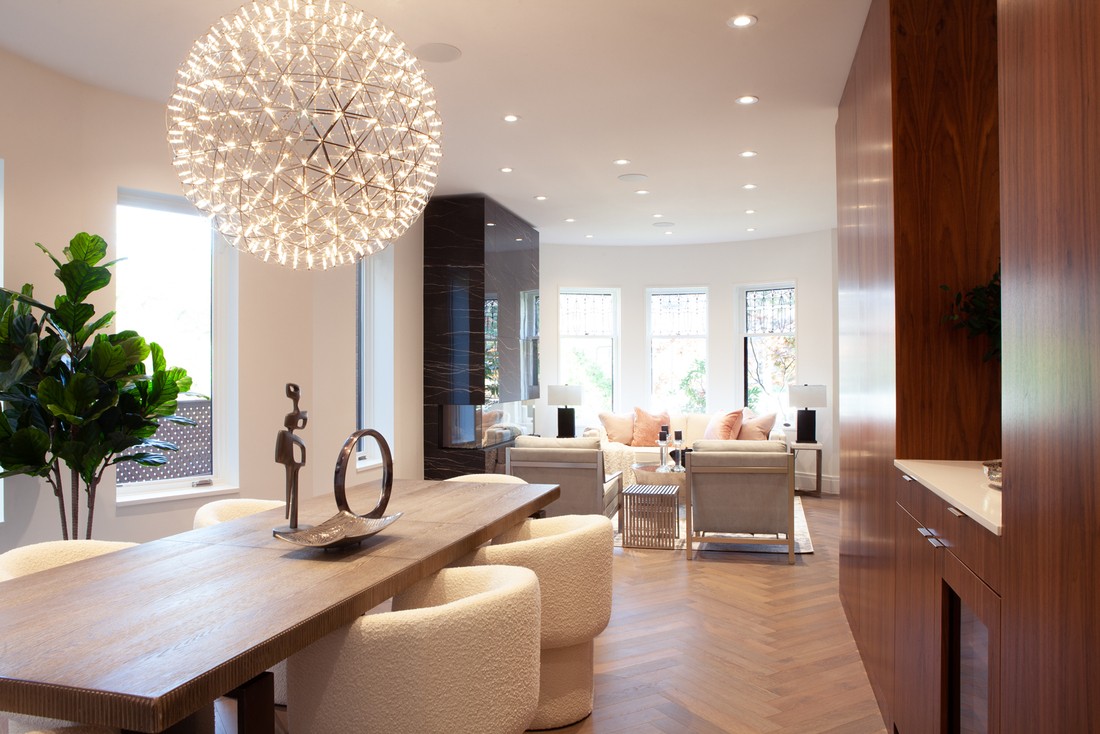
Modern Efficiency and Technology
Opting to build allows for incorporating the latest advancements in energy efficiency and smart home technology right from the start. Sustainable building practices can be integrated to minimize your ecological footprint, enhancing comfort while reducing operational costs over time.
Emotional Connection and Satisfaction
Witnessing the birth of your dream home—from breaking ground to the final touches—brings unique joy and pride. This journey offers a deep sense of connection and achievement, knowing that you made every decision, big and small. While demanding, building a custom home engages you creatively in a way that purchasing an existing home simply cannot replicate.
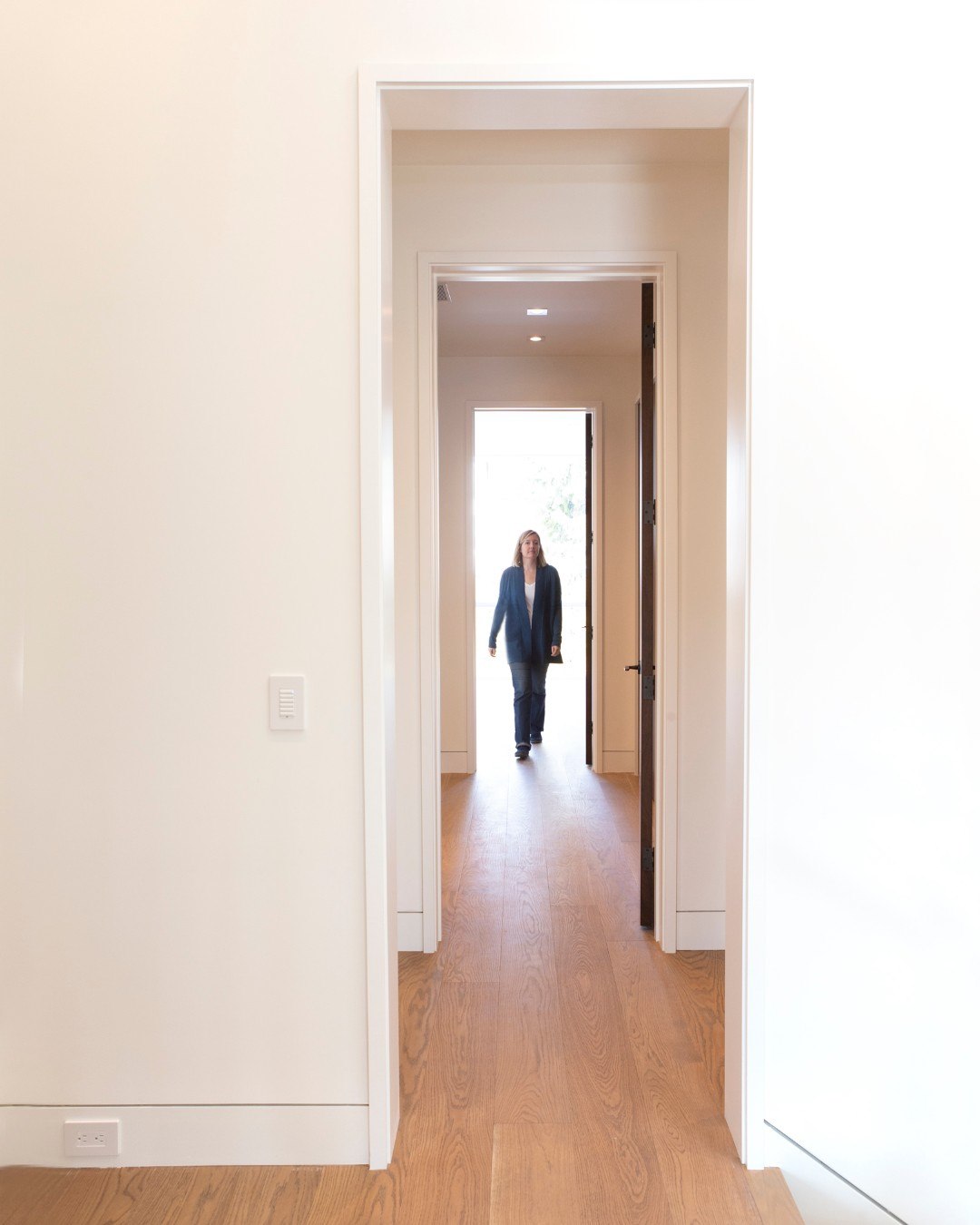
The Challenges of Building a Custom Home
Embarking on the construction of a custom home is an adventure filled with excitement and potential, but it's not without its hurdles. Understanding these challenges is crucial for anyone considering this path, especially in Toronto's high-demand market.
Cost Considerations
One of our most pressing questions is, "Does it cost more to build or buy a house?" The answer isn't straightforward. While building a custom home can be more expensive upfront due to the cost of land, design, and construction, it also offers long-term value through customization and efficiency. Having a realistic budget and a clear understanding of your vision is important, as custom features and high-end finishes can quickly add to the overall cost.
Time Investment
Building a custom home is not a quick process. From securing the perfect lot to designing, obtaining permits, and actually creating, this journey can take significantly longer than purchasing an existing home by a year or more. Patience and flexibility are essential, as timelines can shift due to various factors, including weather, supply chain issues, and design changes.
The Pros of Buying an Existing Home
For many, the appeal of buying an existing home lies in its convenience and immediacy. This option has its own set of advantages, particularly for those looking to move within a shorter time frame.
Convenience and Speed
Buying an existing home typically allows for a quicker move-in process. Homes on the market are ready to be lived in, so you can often transition to your new space within a few months of making your decision.
Established Neighbourhoods and Landscaping
Toronto homes offer impressive established landscaping and stately trees. Each downtown area boasts a unique character and community feel that will envelop you on your first day in your new home.
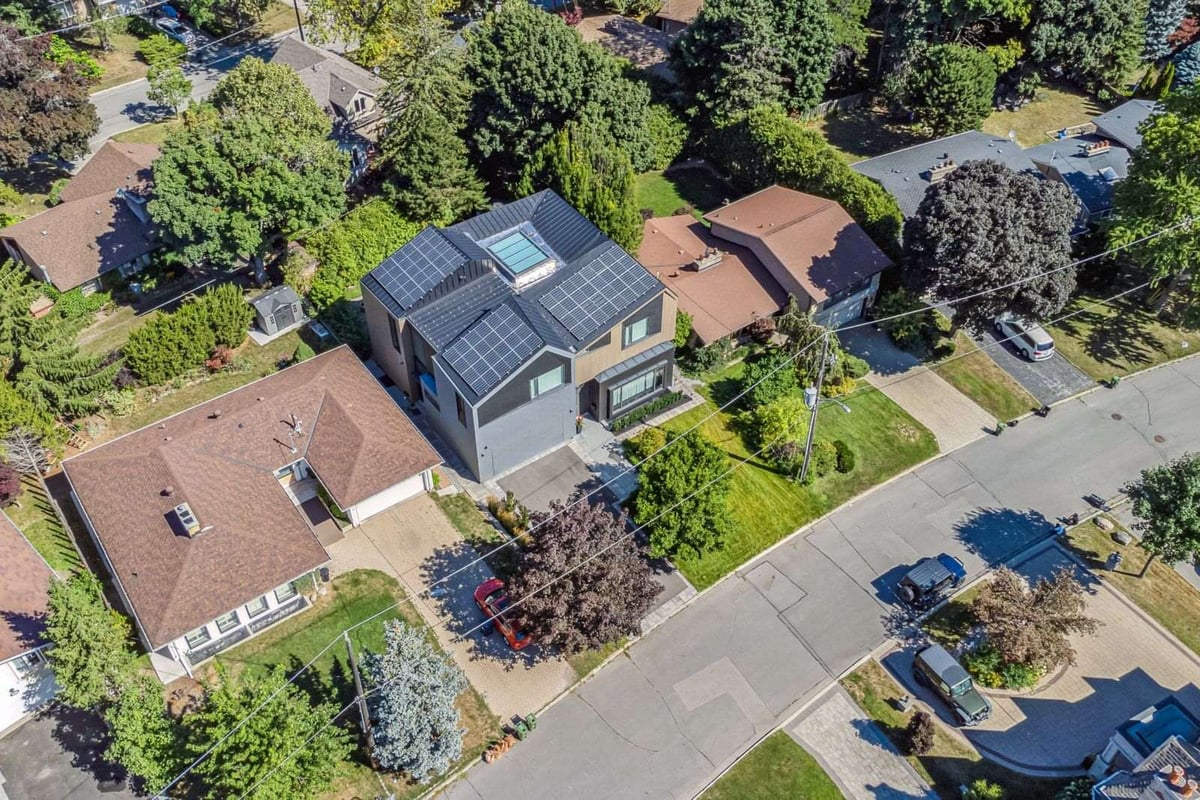
Immediate Potential for Appreciation
While buying an existing home may limit customization, it also offers the potential for immediate equity and appreciation, especially in sought-after areas of Toronto. With the right renovations and updates, an existing home can significantly increase in value over time.
The Cons of Buying an Existing Home
Buying an existing home also comes with its own challenges that prospective homeowners should consider.
Hidden Costs and Maintenance
Older homes may hide costly surprises that require immediate repair or renovation. It's important to factor in the potential for additional expenses beyond the purchase price, from updating outdated systems to repairing wear and tear.
Design and Functionality Compromises
Finding a home that matches every item on your wishlist is rare. Buyers often need to compromise on layout, design, or features, which may not perfectly align with their lifestyle or aesthetic preferences.
Energy Efficiency Concerns
Existing homes, particularly older ones, may not be as energy-efficient as new builds, leading to higher utility costs and a larger carbon footprint. Retrofitting an older home with modern energy-saving technologies can be an additional expense.
The Real Cost of Buying an Existing Home: What Prospective Homeowners Need to Know
While purchasing an existing home might seem advantageous due to its immediacy and the charm of established neighbourhoods, it's essential to consider a significant downside—especially in Toronto's current market where many newer homes for sale are products of speculation by small-time developers and flippers. Often appealing at first glance, these homes hide issues beneath their surface that could impact long-term satisfaction and financial outlay.
Built to Sell, Not to Last
Most new homes on the market today are built with a primary goal: profit. This often leads to construction that prioritizes cost-cutting over quality.
-
Cookie-Cutter Designs: Many homes built for quick sale lack unique flair. They often feature 'trendy' designs and finishes that cater to general tastes rather than individual preferences, offering a bland canvas for your style.
-
Compromised Quality: Flippers often resort to the cheapest materials and fastest construction methods to maximize profit. This can result in homes that may look good on the outside but are built with low-quality materials that can deteriorate quickly.
-
Maintenance and Upkeep: With the primary focus on aesthetics when selling the home, many recent developers have neglected structural and long-term performance. New homeowners might find themselves facing frequent and costly repairs soon after purchase.
-
Energy Efficiency and Comfort: A home built quickly for resale often lacks in areas that aren't immediately visible, such as insulation, window quality, and energy efficiency. This can lead to higher utility bills and less comfort overall.
A Smart Alternative: Whole Home Renovation
While the decision between building a custom home and buying an existing one captures much of the spotlight, there's a third, often overlooked option that offers a unique blend of advantages: whole home renovation. This path can be the perfect solution for those who love their current location but find that their home no longer meets their needs. Those looking for their dream home upgrade may consider buying a not-yet-perfect place and undergoing a whole home renovation as a custom home alternative.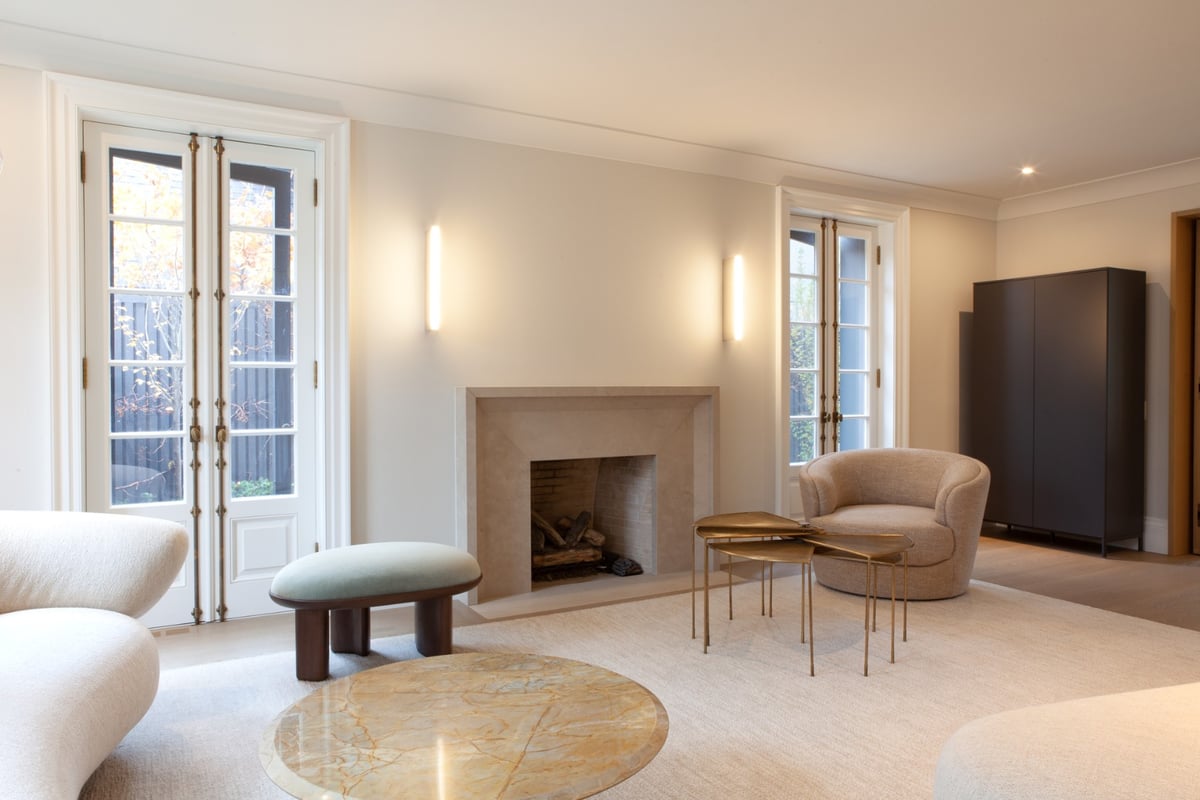
What is Whole Home Renovation?
Whole-home renovation involves changes that can transform an existing structure into a space that feels brand new. This process allows homeowners to reconfigure their living spaces, update the design, and incorporate modern technologies and efficiencies without the need to relocate.

